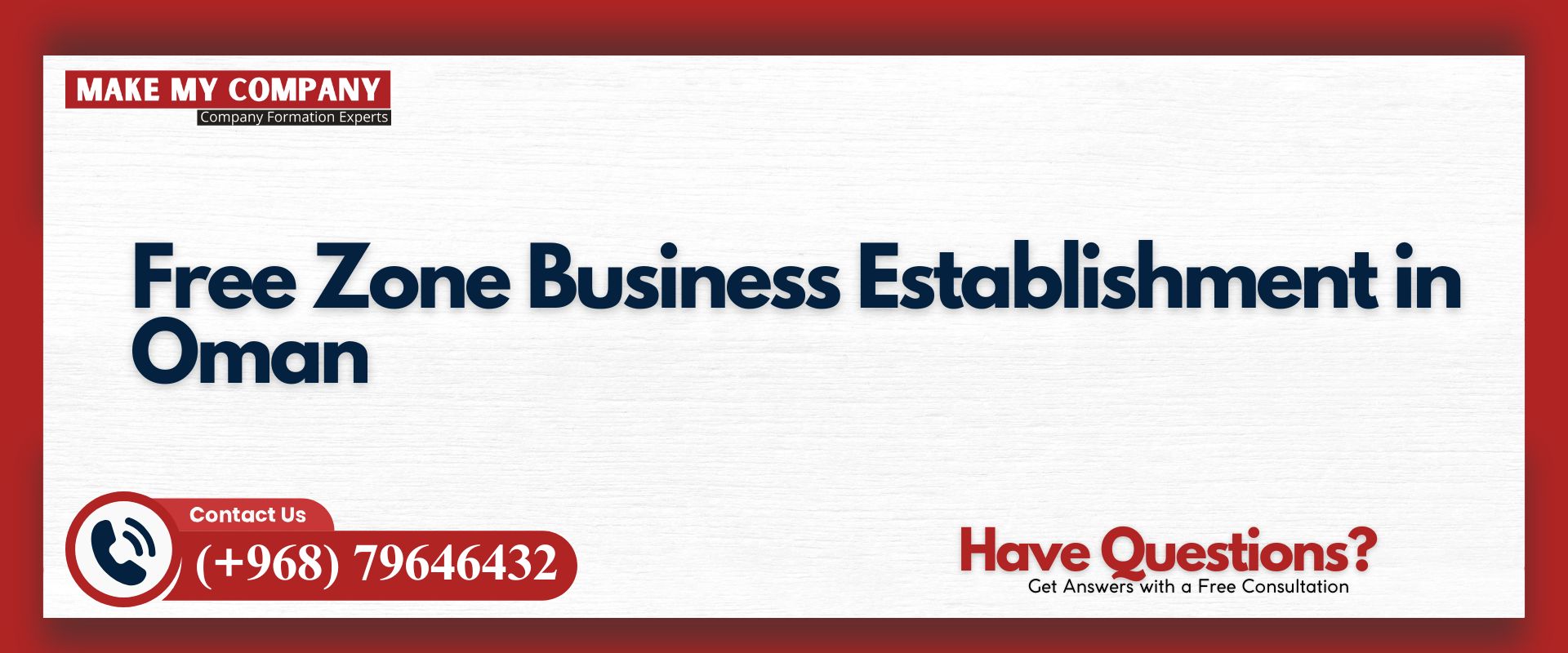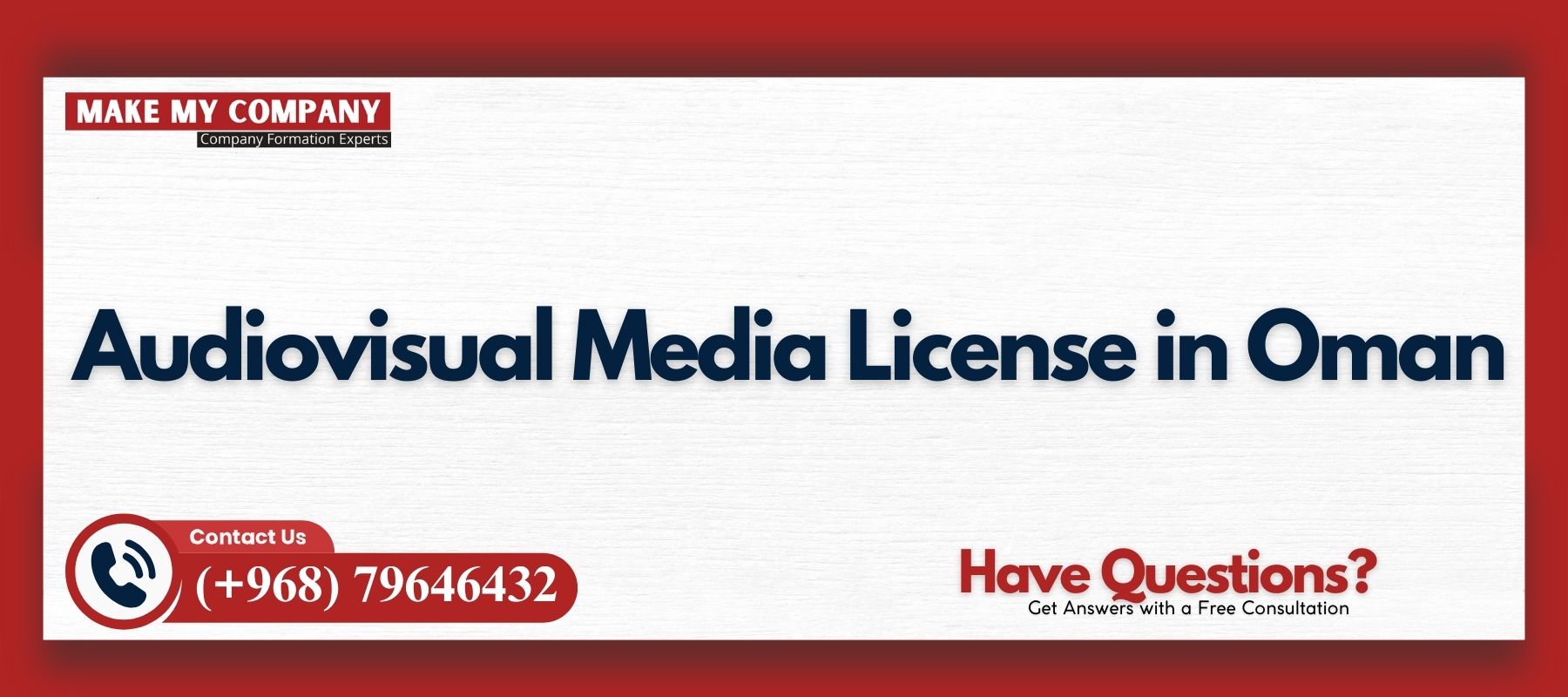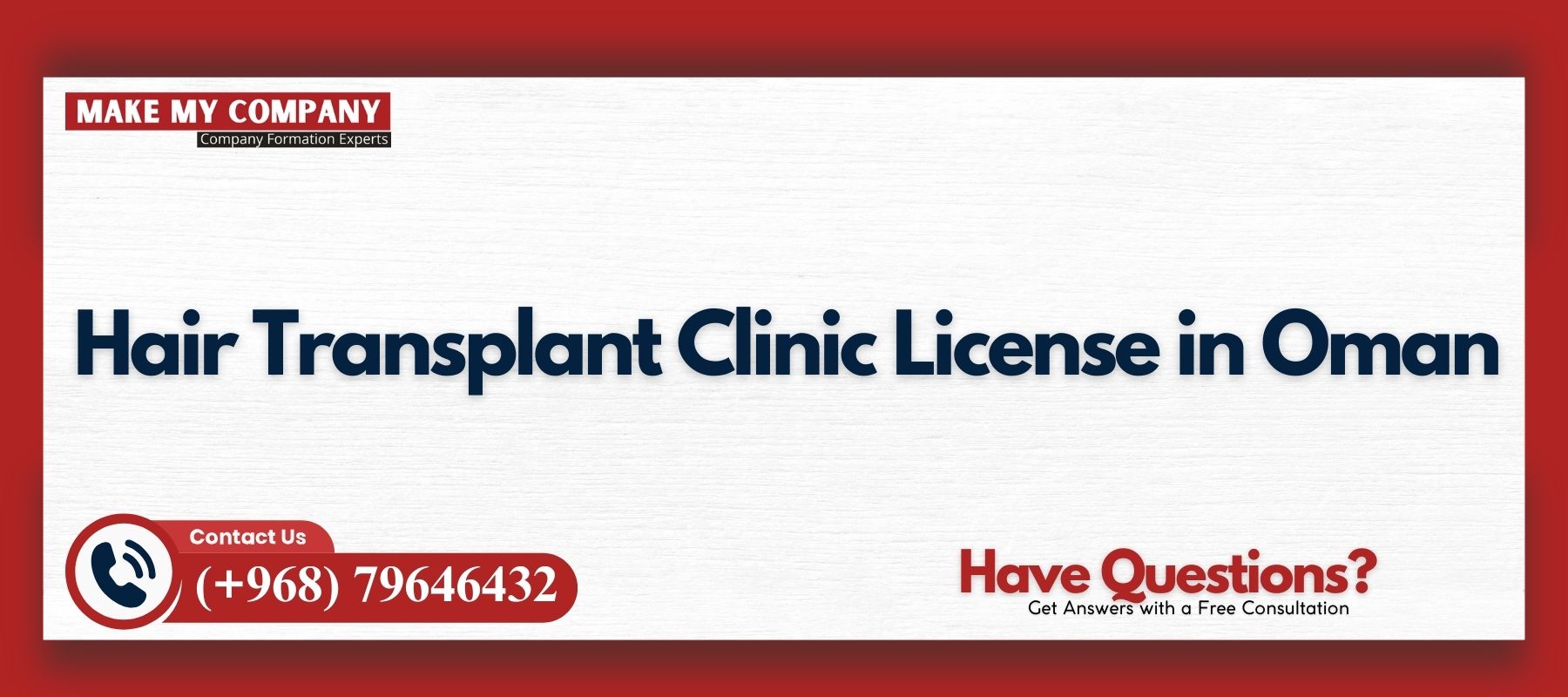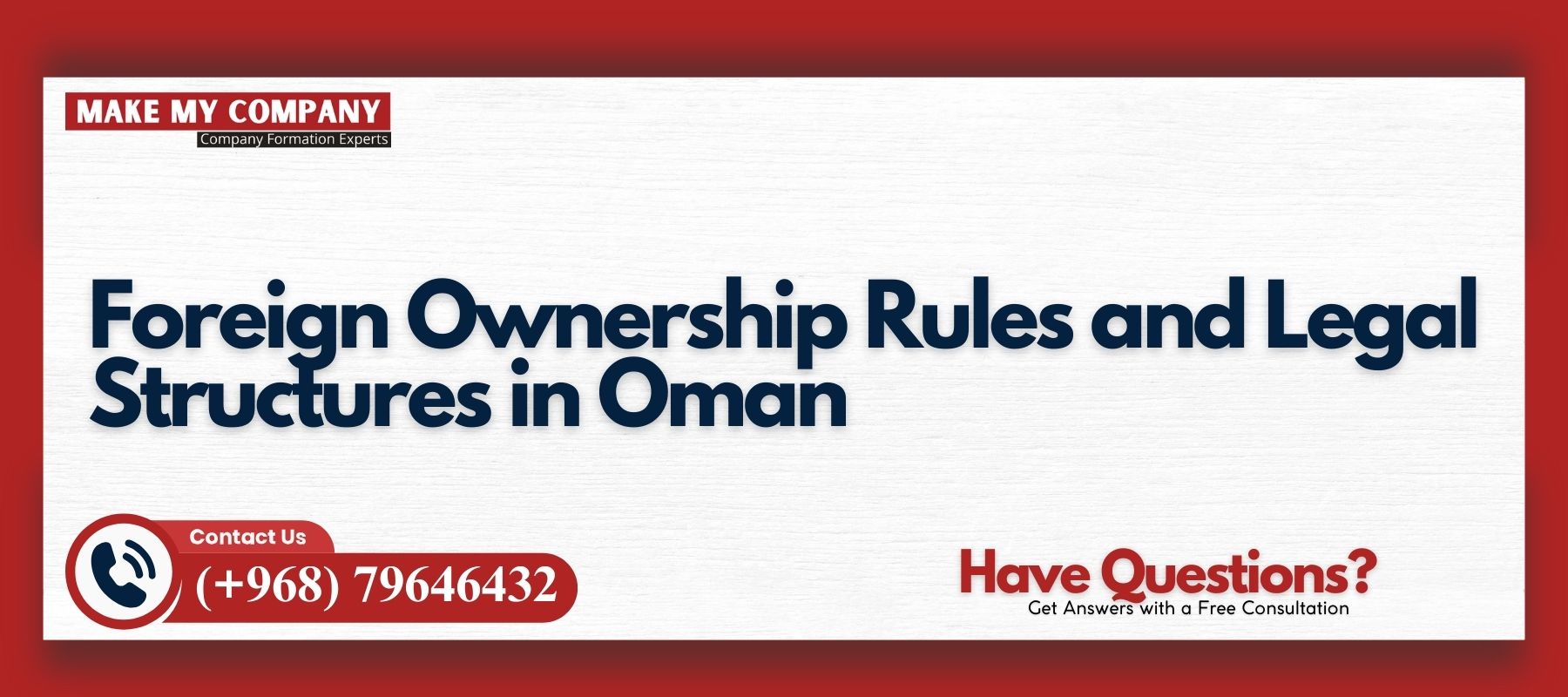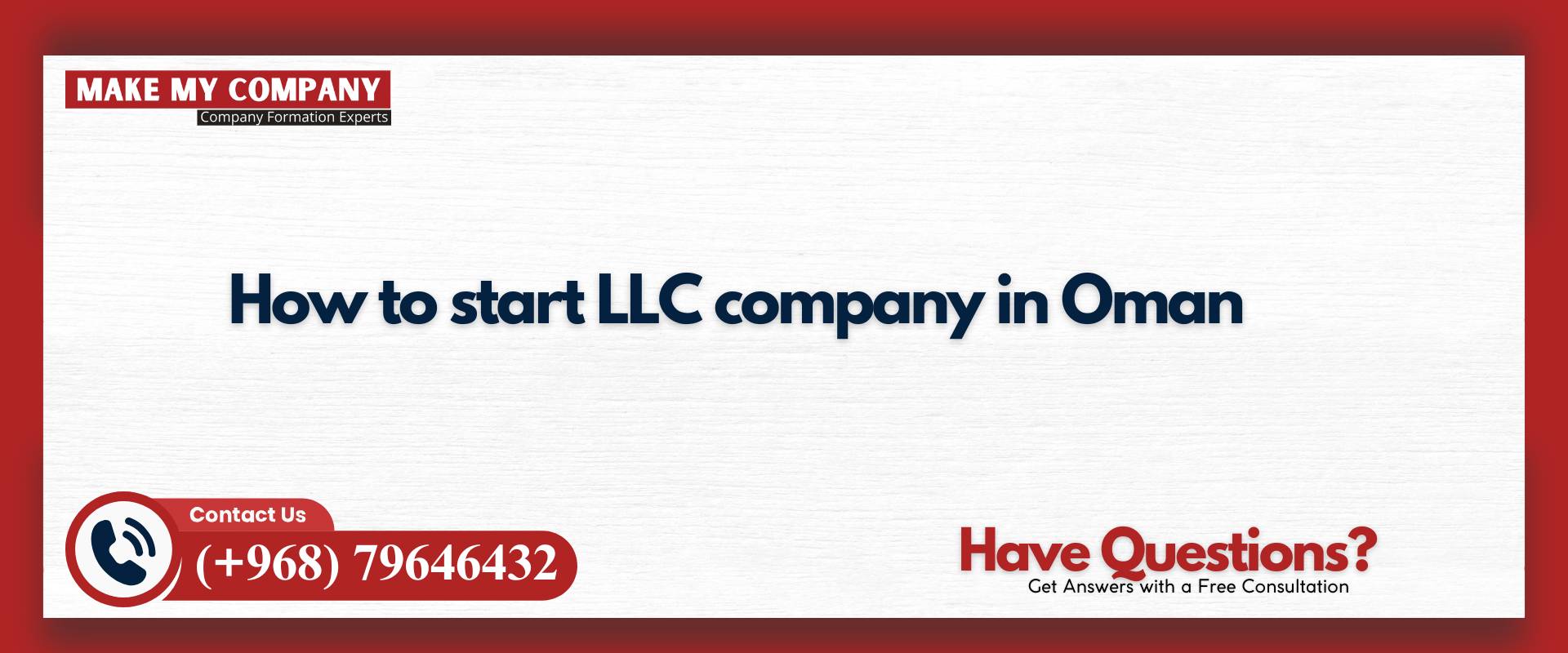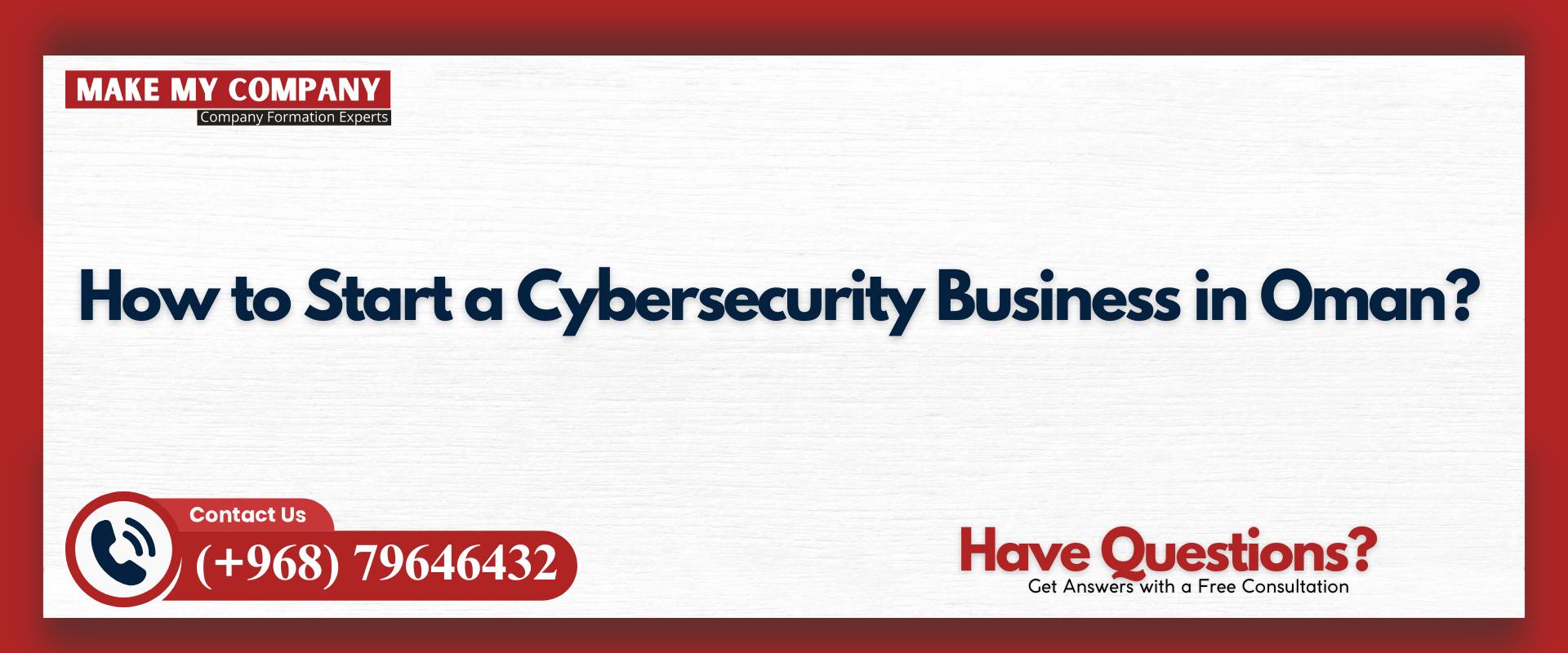Establishing a free zone business in Oman offers many advantages: strategic access to markets, lower taxes, simplified regulations, and greater flexibility for foreign investors. Oman’s burgeoning free zones are designed to foster entrepreneurship, attract foreign direct investment, and support economic diversification under Vision 2040. This article offers a full guide for entrepreneurs considering setting up a free zone business in Oman—covering what free zones are, benefits, eligibility, process, costs, challenges, and best practices.
Table of Contents
What is a Free Zone in Oman?
A free zone in Oman is a designated area where business owners are granted special regulatory, tax, and operational privileges. These zones are governed by specific authorities and laws distinct from the mainland. Free zones are often tailored for certain sectors (logistics, manufacturing, services, tech) and aim to make it easy for foreign investors to set up and operate.
Key Features of Oman Free Zones
- Tax incentives such as reduced or zero corporate tax.
- Customs duty exemptions for imported inputs/raw materials.
- Simplified licensing and regulatory approvals.
- 100% foreign ownership possibilities in many free zones.
- Flexible labour visa & permit rules for staff.
Types of Activities Allowed
Free zones in Oman typically allow businesses in:
- Logistics and warehousing
- Manufacturing and light industry
- Information Technology and tech services
- Trade & distribution
- Research & development
- Export-oriented service providers
Benefits of Establishing a Free Zone Business in Oman
Having a business in a free zone gives many competitive advantages. Here are the major ones for entrepreneurs and investors.
Competitive Tax Structure
Businesses in Oman’s free zones often enjoy corporate tax exemptions or significantly reduced tax rates. This makes profits easier to retain, scale, and reinvest.
Regulatory Simplicity and Speed
Licensing, registration, and regulatory approvals are typically faster in free zones. This lessens bureaucratic burden and reduces delay time for launching operations.
Full Foreign Ownership and Capital Repatriation
Most free zones allow 100% foreign ownership, which means you don’t require a local partner. Also, free repatriation of profits and capital helps international investors.
Access to Infrastructure and Logistics
Free zones tend to be located near ports, airports or on main logistic corridors. This aids trade, import/export business, and reduces transport and customs cost.
Eligibility and Legal Requirements to Set Up a Free Zone Company
Before starting your free zone business in Oman, there are eligibility rules and legal requirements you must satisfy.
Who Can Apply
- Foreign investors, entrepreneurs, and companies.
- Omanis as well, especially when entering ratios or local business goals.
- Specific sectors as permitted by the free zone authority.
Business Structures Available
- Free Zone Company (FZ-Co) or Free Zone LLC for small-to-medium operations.
- Branch of a Foreign Company, for firms already headquartered outside Oman.
- Representative Office for non-commercial service presence.
Required Documents
- Valid passport copies for shareholders or owners.
- Business plan outlining activities, markets, investment.
- Proof of financial capacity (bank statements or audited accounts).
- Lease or agreement for premises within the free zone.
- Memorandum & Articles of Association or equivalent.
Steps to Establish a Free Zone Business in Oman
Here is a detailed roadmap you can follow, step by step, to set up your free zone company in Oman.
Step 1: Select the Right Free Zone
Choose among the free zones operating in Oman based on location, sector compatibility, cost, and logistics advantage. Some free zones are better for manufacturing; others are better for tech or service businesses.
Step 2: Choose Business Activity and Structure
Define the specific business activity (e.g. shipping, software development, warehousing). Decide whether you’ll be LLC, branch, or representative office.
Step 3: Reserve Your Trade Name
Register a unique business name with the applicable free zone authority. The name must comply with free zone naming rules (no offensive words, etc.).
Step 4: Prepare Documents and Submit Application
Gather required documentation: passports, financials, business plan, lease, MOA. Submit the application to the free zone authority.
Step 5: Pay Licenses and Fees
Free zone license, registration fees, and any infrastructure or utility fees are paid here. Confirm cost schedule with the specific free zone.
Step 6: Secure Premises and Visas
Lease or buy business premises in free zone, obtain visas for owners, employees, and staff permits. Free zone authorities often facilitate visa processing.
Step 7: Begin Operations
Once license is issued, premises secured, visa and import/export permits obtained, operations can begin. Open bank account, hire staff, import equipment etc.
Cost of Free Zone Business Establishment in Oman
Costs vary by free zone, business type, scale, and services required. Here is an estimated cost table to help with planning.
| Item | Estimated Cost Range (OMR) | Notes |
| Free Zone License Fee | 200 – 800 OMR | Depending on sector & scale |
| Trade Name Reservation | 50 – 150 OMR | Usually mandatory as first step |
| Office / Warehouse Lease | 300 – 2,000+ OMR/year | Depending on location and size |
| Visas and Work Permits | 100 – 500 OMR per visa | Depends on staff level & number |
| Import / Customs Duties | Varies (often exempt) | Free zones often provide duty exemption |
| Utilities & Infrastructure | 100 – 1,000 OMR/year | Power, water, internet, and others |
| Renewal and Compliance Costs | License renewal + annual fees | Often lower than mainland |
Challenges and Considerations for Free Zone Businesses in Oman
While free zones are very attractive, there are certain challenges and trade-offs to be aware of.
Limited Local Market Access
Some free zone licenses restrict direct business to the Omani domestic market without local distributor or agent. If your business depends on local customers, ensure your license allows local trade or have a strategy.
Sector-Specific Regulation
Certain sectors (e.g. pharmaceuticals, telecoms, banking) may require regulatory approvals beyond the free zone authority. For example, government permits, compliance with Oman’s standards, etc.
Visa & Staff Requirements
While free zones simplify visas, employee quotas, immigration laws, and labor regulations still apply. Costs and delays can accumulate if not planned properly.
Renewal and Compliance Duties
Licenses must be renewed annually or per free zone rules. Renewal fees, inspection requirements, audit or financial reporting obligations must be met. Non-compliance can lead to penalties.
Hidden Costs
Some costs like utilities, customs clearance, shipping, logistics, and compliance services may be underestimated by investors. Always add buffer to your budgeting.
How Free Zone Business Establishment Compares to Mainland Setup in Oman
To help you decide, here are key comparisons between free zone vs mainland business setup in Oman.
| Feature | Free Zone Business | Mainland Business |
| Ownership Restriction | Usually 100% foreign ownership | Local partner may be required in certain sectors |
| Tax & Duties | Often tax incentives, duty exemptions | Usually full duties and regular tax regimes |
| Market Access | Limited local domestic trade unless permitted | Full access to local markets |
| Regulatory Approvals | Simplified, sector-specific authorities | More comprehensive regulation via mainland authorities |
| Cost of Establishment & Renewal | Lower for some sectors in free zones | Can be higher, more compliance costs |
| Visa and Labour Permits | Free zones often provide streamlined visa services | May involve more complex labor law compliance |
Best Practices to Make Your Free Zone Business Successful
Setting up is one thing; making it thrive is another. These practices will help.
Business Plan & Market Research
Understanding your clients, competition, costs, and local demand is crucial. A strong business plan will also help with approvals and financing.
Financial Controls & Auditing
Set up proper accounting systems, internal audits, and compliance routines so financial surprises are minimized. Helps in renewing license, complying with regulations, and securing financing.
Hiring the Right Local and Foreign Talent
Balance your team with nationals and expats. Comply with Oman labor regulations. Invest in training to ensure service quality and compliance.
Staying Compliant with Laws & Regulations
Monitor updates from Oman’s Ministry of Commerce, Chamber of Commerce, and free zone authorities. VAT, import/export rules, environmental laws, etc., may change.
Effective Cost Management
Track fixed and variable costs carefully. Negotiate leases, shipping, utilities. Use shared services if possible. Avoid over-capitalization early on.
Conclusion
Establishing a free zone business in Oman offers significant advantages for foreign investors and entrepreneurs: competitive tax benefits, ownership flexibility, eased regulatory procedures, and strategic location. However, success depends on careful planning, selecting the right free zone, abiding by laws, preparing finances, and managing operations efficiently.
If you aim to unlock Oman’s potential, a free zone setup combined with smart management will give you a strong foundation—giving you speed, flexibility, and a clear path for growth.
FAQs
Is there any free zone in Oman?
Yes, Oman has several free zones designed to attract investment, each offering regulatory and tax incentives, duty exemptions, and ownership flexibility.
Can a foreigner own a company in Oman?
Yes, in free zone business establishment structures, foreigners can often own 100% of the business depending on sector.
Which small business is best in Oman?
Service consultancies, tech startups, e-commerce, light manufacturing, and logistics can perform very well in Oman, especially in free zones.
Is Oman tax free for business?
Not entirely, but free zones often offer tax incentives and reduced corporate tax rates for qualified businesses.
Which country is 100% tax-free?
Globally there are some, but Oman offers tax-friendly free zone regimes rather than blanket 100% tax-free status for all sectors.
Who is exempted of 12% VAT?
Certain goods and services are exempt under Oman VAT law. You need to refer to Oman’s VAT regulations to check exemptions.
What businesses are exempt from VAT?
Typically health, education, and basic food items may be exempt; service businesses in free zones may have special rules. Always consult Oman’s VAT legislation.
How do I know if my business is VAT or non-VAT?
Check your business turnover against Oman’s VAT registration threshold, your sector, and whether your goods/services are taxable or exempt.
Which products are exempt?
Exempt goods often include basic food stuffs, education materials, medical supplies; details are defined in Oman’s VAT regulation list.



